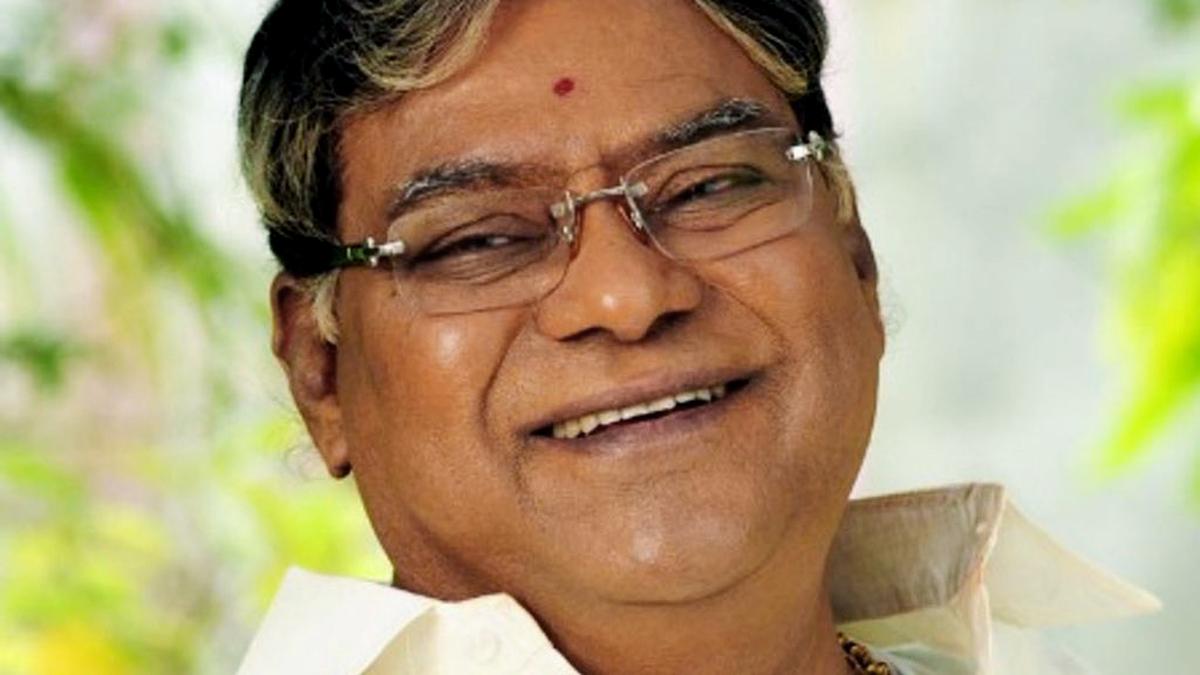Now Reading: From Banking to Stardom: A Journey to Captivating Millions
-
01
From Banking to Stardom: A Journey to Captivating Millions
From Banking to Stardom: A Journey to Captivating Millions

Swift Summary
- Veteran actor Kota Srinivasa Rao, celebrated for his versatile performances in Telugu cinema, passed away.
- He was born on July 10, 1942, in Kankipadu village near vijayawada. Initially pursuing a career in science to fulfill his father’s dream of becoming a doctor, he later transitioned into banking before following his passion for acting and theater.
- Beginning with stage performances and eventually entering the Telugu film industry, his breakthrough came with films such as Pratighatana and vande Maataram, which solidified his prominence. His use of Nizam’s slang in Pratighatana earned audience recognition.
- Films like Shatru, directed by kodi Ramakrishna, brought him notable acclaim while redefining cinematic authenticity through his diverse roles-including villains, comedians, fathers, and politicians.
- Despite personal tragedies such as losing his son in a road accident (2010), coping with familial health issues including chronic illness of his wife and an injured daughter-he maintained unmatched dedication to acting throughout this distressing period.
- Industry veterans fondly recall how pain never diminished the intensity or authenticity of every role he played on-screen.
Indian Opinion Analysis
Kota Srinivasa Rao’s life story offers invaluable lessons about resilience and dedication to one’s craft despite monumental personal setbacks. His transition from academia to banking-and finally into acting-reflects the transformative power of pursuing one’s passion against societal expectations or familial hopes for standard careers like medicine.
The nuanced portrayal he brought through roles enriched cinema by bridging realism with performance artistry-a rare combination that forged lasting connections with audiences across generations. Industry anecdotes highlight not just professional excellence but emotional discipline under trying circumstances.
For India’s cultural legacy rooted deep within its arts sector-actors like Kota serve as reminders that professional depth often mirrors individual sacrifice; preserving their stories contributes toward nurturing empathetic artistry pivotal amid evolving entertainment landscapes globally.
Read more: The Hindu
























